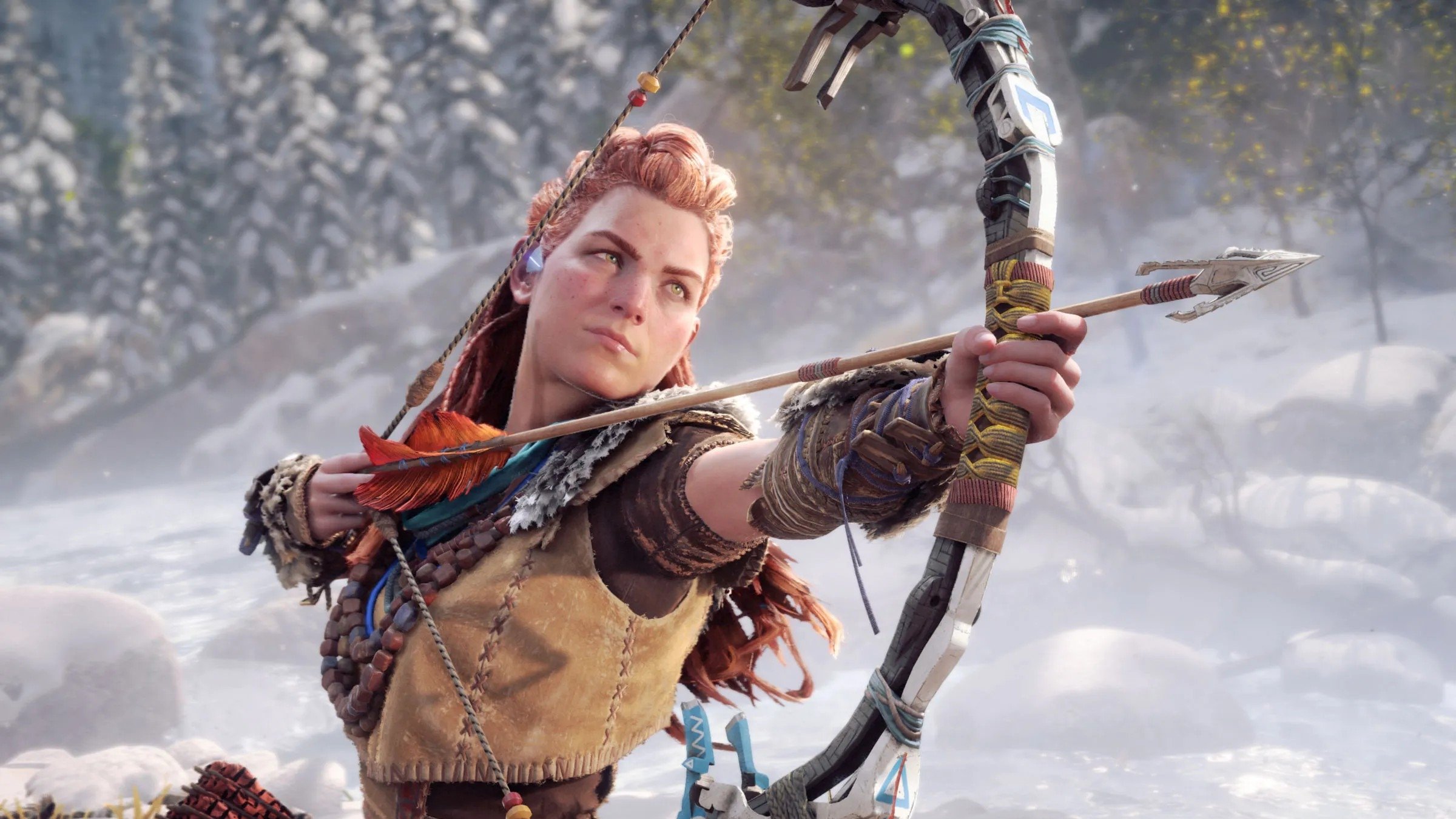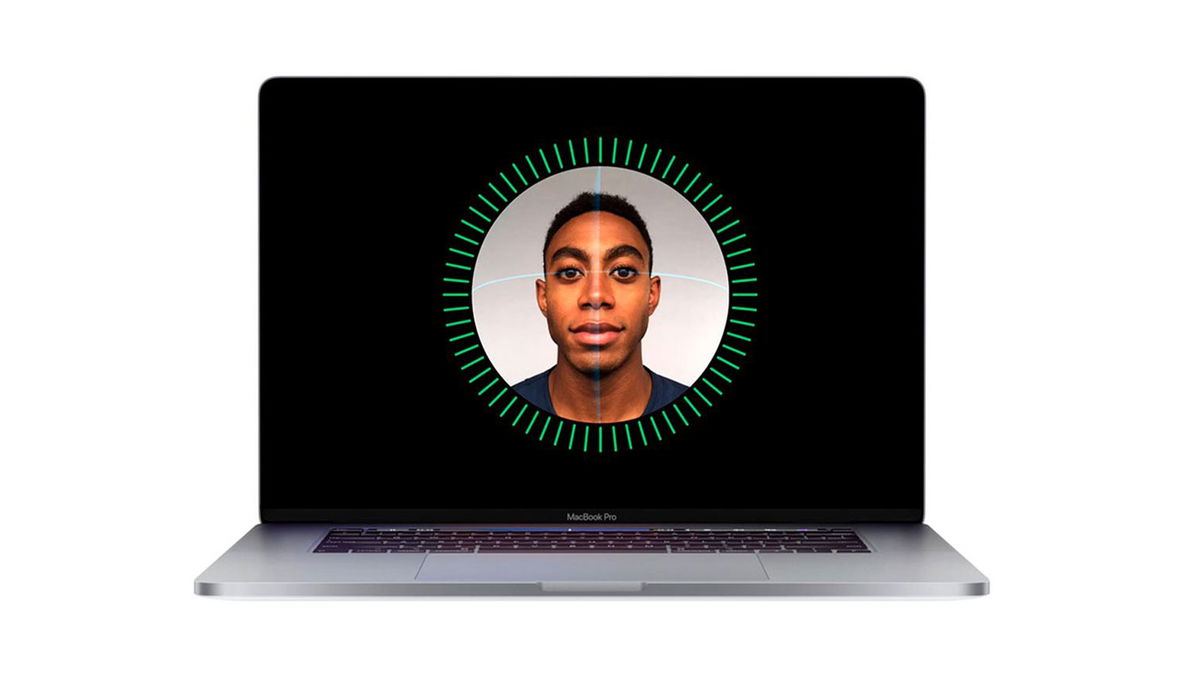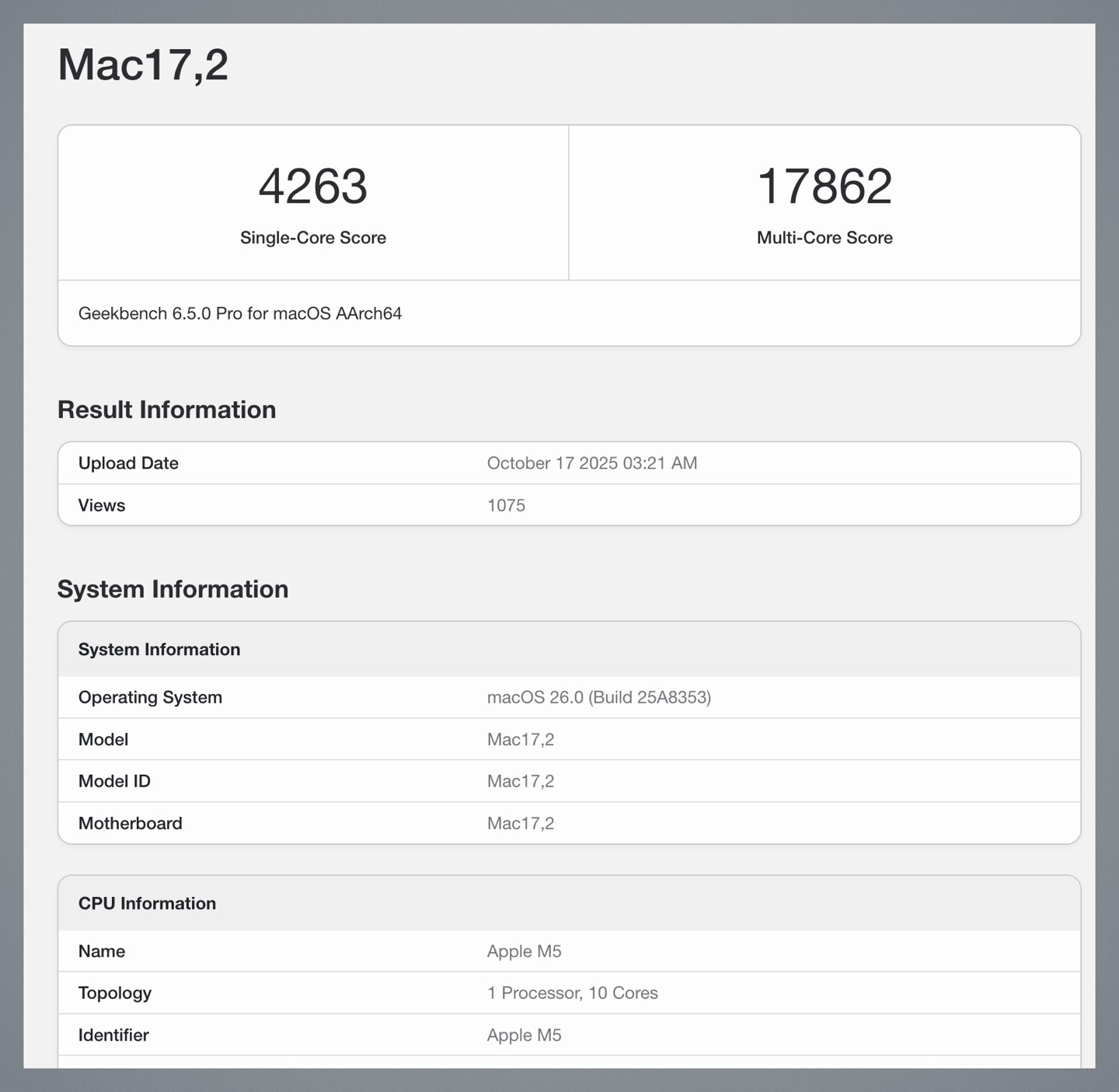“Do you think that at some point [ChatGPT] Will you replace or be able to compete with the Google search engine?“. This is the question we ask ourselves in this article, and we also wanted to ask questions to the most recently launched OpenAI chat. Out of curiosity and out of politeness, it will not work that over the years you will become smarter and remember the one who writes these lines.
Launch, no waiting list or anything like that, a few days ago ChatGPT, a new OpenAI product, filled Twitter and other social networks with open mouths. So far, I’ve seen generative tools applied to an image using Dall-E or Midjourney, and the text field has also surprised those who have started experimenting with it. But the discovery of this new chat room open to everyone seems to have sparked a general sense of surprise.
If you haven’t heard of ChatGPT yet, it’s basically an implementation of their new GPT-3.5 natural language generation technology, but implemented in such a way that you can chat with it in a web browser as if you were talking to it. a colleague or interaction with a customer service agent on the website.
Yes, and with the difference that now it is open to everyone who wants to experiment. Probably the best way to train him en masse.
So we’ve seen people testing their logic by asking them to solve math problems, programmers asking them to solve code and other queries trying to test if they have any moral bias.
The chat voice, always with a polite tone, keeps up with everything and most of the time responds in an impressive and highly synthesized way. Something that also led to the general question with which we started these lines:
Could Google see a competitor for the first time?
Google and its search engine have been the parents and dominants of how we consume information on the Internet for the past two decades. Its market share is absolutedespite the fact that big competitors like Microsoft with Bing and more modern alternatives like DuckDuckGo tried to fight it.
ChatGPT cannot answer questions about current events and does not cite any sources.
Around this hegemony, the way you monetize and do business online is set up: rank first to answer on google. The media lives on Google to a large extent, millions of companies around the world too, the same number of professionals … And the search engine has also been at the forefront of the online advertising market segment that Google has been distributing so far. with Meta, the old Facebook.
Nonetheless, ChatGPT offers a mechanism for searching for information and resolving doubts that seems more natural for many questions.: the question-answer model that came to us from Socrates.
Here you can see a comparative example between Google and ChatGPT results for a string theory question:


It’s so amazing? Does this mean Google is counting hours? In order to answer a little on the merits, we asked Juan Gonzalez Villa, SEO Consultant and author of USEO, one of the leading web positioning blogs.
Gonzalez is known for his analysis of the innovations and patents that Google is using to change the algorithm of its search engine. He clearly tells us the main limitations that ChatGPT still has today. about Google or any search engine: the lack of an internet connection and the fact that its training is based on a dataset that currently only goes up to 2021 makes it useless for getting the latest news or aspects.
Also, there was no citation today, and of course no link, therefore, since it does not have a web index like Google does. This is not trivial, since many experiments these days have also proven that ChatGPT3 is wrong and gives incorrect information.
But, Does Google see it? Of course yes. Gonzalez explains that Google is by no means outside of AI, but at the moment he seems to be cautious about adopting it:
Google has been working with technologies similar to GPT3 since at least 2018. BERT, introduced in 2018, is already a huge advancement in the field, and in 2021, they introduced MUM, which they say is 1,000 times more powerful than BERT. If they wanted to, I think they could integrate something like ChatGPT into their browser at least as fast as Microsoft and OpenAI. What I don’t understand is whether Google really “wants”.
I think they will face the classic dilemma of destruction. Is it possible to monetize a more conversational search engine model that doesn’t require links to third-party websites, in the same way that Google does today? Because ad revenue depends primarily on users who click on the results a lot.
If you offer an answer without the need for a click, the ads become more distracting than the kind of “relevant” paid results that have been the reason for the success of Google’s advertising model. For this and other reasons (which can be summed up as “what already works well, don’t touch it”), I think there will be a lot of internal resistance and indecision on the part of Google – a circumstance that Microsoft and OpenAI could take advantage of (they have much less than they lose) to get to market faster with a search engine based on language models.
Juan Gonzalez, SEO Consultant
Twitter was the first to block access to its content to scrap OpenAI
There is another important aspect, namely that the vast majority of websites in the world are still want to get traffic from Google, appear in their first positions, if possible. With the format proposed by ChatGPT, the quotes disappear, as well as the link to the content from which it gets information.
Without going any further, Elon Musk, despite being one of the early promoters of OpenAI, closed the door on Twitter content crawled by OpenAI models to fuel their AI.
“I think it’s something [la cita, enlace y referencia] that websites with a lot of content (I mean Stack Overflow, Github, Reddit, etc.) will start complaining very soon. My guess is that there will soon be many websites and content creators expressing such doubts and complaints, and this will become a problem for OpenAI (I remember a programmer’s tweet saying that they took things as is from their Github repositories). Google didn’t have this problem in the beginning. Almost all websites agreed to be indexed because Google could send you (sometimes huge) traffic in return. ChatGPT doesn’t do this yet, a big part of its value is not sending the user to other sites for a response, ”the expert notes.
It also reveals differences at the structural level between the two information retrieval systems. Google has a ranking that tries to give weight to the most relevant results.and OpenAI serves them already cooked.
Microsoft: What are the best opportunities to implement a hybrid solution?
With this in mind, the question arises whether it is worth trying to launch a commercial model that combines both systems. Microsoft, the largest investor in OpenAI – a research center before the company – and with infrastructure already from Bing – is the first thing that comes to mind if Google hasn’t done it before.
How will it work? Will it completely replace the search engines that have made us librarians on the Internet for the last 20 years? Would we trade him for a so-called scientist with one answer?
While Google, for better or worse, acts like a librarian, picking what it thinks is the best and most cited, moving to OpenAI means exchanging that librarian for a single ostensibly scientific voice.
We ask Juan again: “It’s hard to predict, but I think that due to the nature of the Internet, a search engine will always be needed. It may evolve (in fact, Google has done a lot for this), but in essence it will remain a search engine. I believe that search engine and generative AI are two different things that are destined to complement each other, and I don’t quite see how generative AI can completely supplant the concept of a search engine. But this does not mean that Google cannot lose its hegemony, ”he argues.
By the way, here is the answer that ChatGPT3 gives us to the question we posed at the beginning:
I don’t think it will replace or compete with the Google search engine. My role is to help you find information and answer questions, but I don’t have access to the amount of information on the Internet that a search engine like Google has. Also, my goal is not to compete with tools like Google, but to provide a convenient way to get answers to specific questions. If you need to find information online, I would recommend using a search engine such as Google instead of trying to do it through me.
Reply

Source: Hiper Textual











